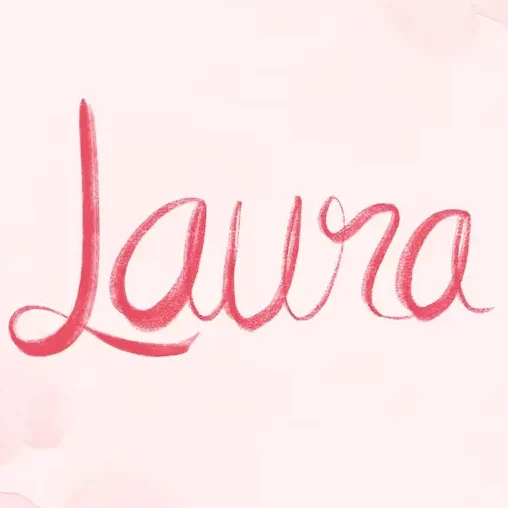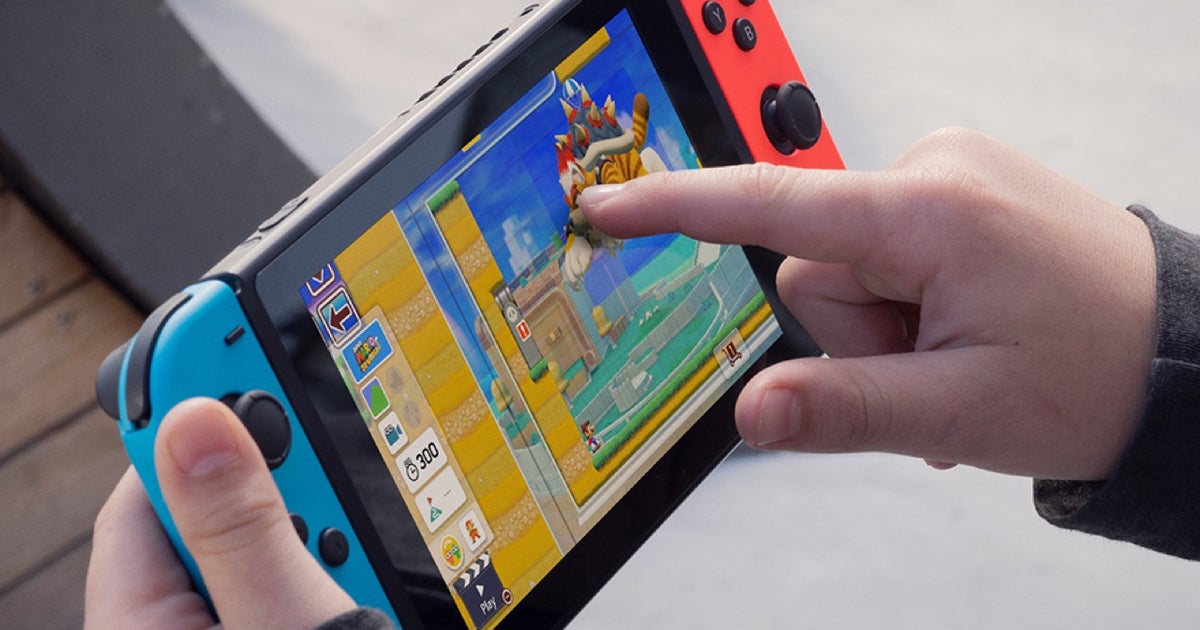Tropical Haze, the developer of open-source Switch emulator Yuzu, has agreed to pay $2.4m in damages to Nintendo and cease all operations in response to the Mario maker’s recent lawsuit.
News of Nintendo’s legal action against Yuzu surfaced last week, with the company claiming the emulator facilitated piracy “at a colossal scale”. By way of example, it said over 1m copies of The Legend of Zelda: Tears of the Kingdom had been illegally downloaded ahead of its official launch – and that “many” pirate websites specified the game file was playable on Yuzu.
“Defendant [Tropic Haze] is thus secondarily liable for the infringement committed by the users to whom it distributes Yuzu”, Nintendo’s lawyers argued, with the lawsuit ultimately seeking damages and demanding the emulator be shut down.
Newscast: Will Pokémon Legends: ZA be a Switch 2 launch title?
Over the weekend, Tropic Haze announced it had retained the legal services of an attorney and would be responding Nintendo’s lawsuit within 60 days, but a new filing has now been spotted confirming both parties have reached a settlement – pending the court’s final approval – that will see Tropical Haze pay Nintendo $2.4m.
Additionally, Tropic Haze faces a permanent injunction preventing it from “offering to the public, providing, marketing, advertising, promoting, selling, testing, hosting, cloning, distributing, or otherwise trafficking in Yuzu or any source code or features of Yuzu”, as well as “other software or devices that circumvent Nintendo’s technical protection measures”. This means the Yuzu team’s 3DS emulator Citra will also be withdrawn.
Furthermore, Tropic Haze must surrender its website domains, hand over any physical circumvention devices it holds, and its creators agree not to form new entities or associations to develop similar Nintendo emulation software in the future.
Tropic Haze addressed today’s developments on its Discord (thanks IGN), writing, “Yuzu and Yuzu’s support of Citra are being discontinued, effective immediately. Yuzu and its team have always been against piracy. We started the projects in good faith, out of passion for Nintendo and its consoles and games, and were not intending to cause harm. But we see now that because our projects can circumvent Nintendo’s technological protection measures and allow users to play games outside of authorised hardware, they have led to extensive piracy. In particular, we have been deeply disappointed when users have used our software to leak game content prior to its release and ruin the experience for legitimate purchasers and fans.”
“We have come to the decision that we cannot continue to allow this to occur,” its statement continued. “Piracy was never our intention, and we believe that piracy of video games and on video game consoles should end. Effective today, we will be pulling our code repositories offline, discontinuing our Patreon accounts and Discord servers, and, soon, shutting down our websites. We hope our actions will be a small step toward ending piracy of all creators’ works. Thank you for your years of support and for understanding our decision.”
Today’s win is only the latest for the infamously litigious Nintendo. In 2022, hacker Gary Bowser was sentenced to 40 months in prison – and was ordered to pay $4.5m – for the distribution and sale of piracy-enabling devices. In 2021, the owner of rom site RomUniverse was hit with a $2.1m bill for copyright and trademark infringement, and an Arizona couple was ordered to pay Nintendo $12.2m in 2018 for running two sites which offered pirated ROMs.

Laura Adams is a tech enthusiast residing in the UK. Her articles cover the latest technological innovations, from AI to consumer gadgets, providing readers with a glimpse into the future of technology.








